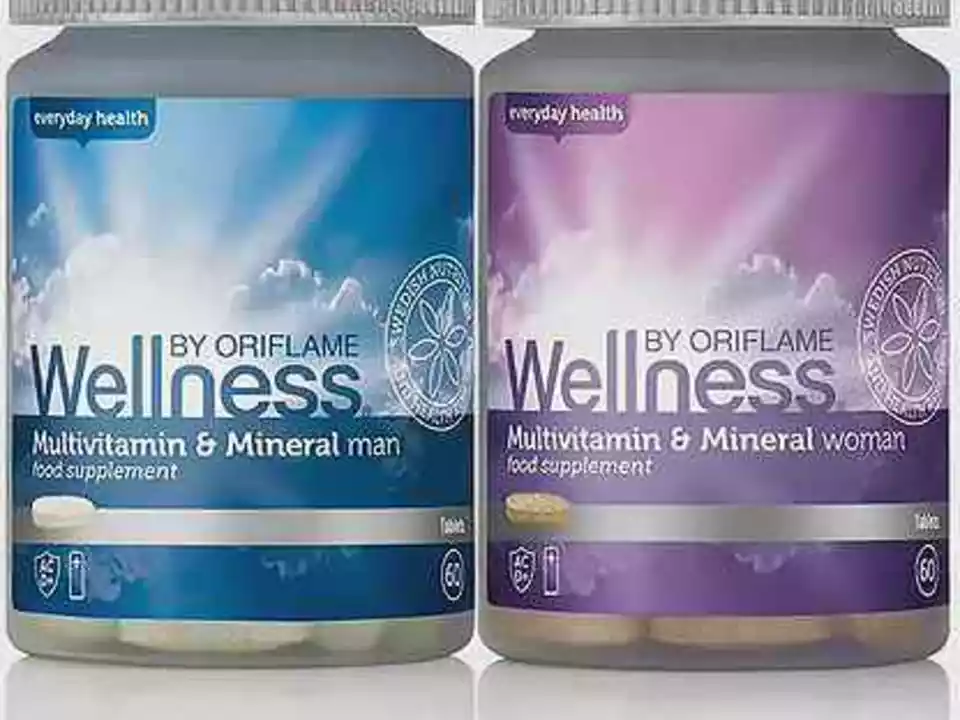Mountain Ash (Sorbus): Uses, Safety, and Buying Tips
Mountain ash — those bright red-orange berries you see in fall — has a long history as a food and a folk remedy. People use the berries and extracts for mild digestive complaints, as a source of vitamin C, and for their antioxidant flavonoids. This page gives clear, practical info: how people prepare mountain ash, what it might help with, safety notes, and how to pick a reliable product.
Common uses and ways to take it
Mountain ash berries are eaten cooked, turned into jams, jellies, syrups, or fermented into wine. Herbalists also make teas, tinctures, and dried extracts. Typical modern uses include:
- Support for mild cold symptoms and as a vitamin C source — cooked berries are easier on digestion than raw ones.
- Antioxidant support from flavonoids found in the fruit and leaves; some lab studies show free-radical scavenging activity.
- Digestive comfort — gentle teas made from cooked berries are commonly used for mild stomach upset.
If you want a supplement rather than food, look for standardized berry extracts or tinctures from reputable brands. Teas and jams are fine for occasional use, but standardized extracts give consistent amounts of active compounds when you need repeatable dosing.
Safety, interactions, and buying tips
Mountain ash is generally well tolerated when prepared correctly. Raw berries can be astringent and may cause stomach upset, so cooking is recommended. A few practical safety points:
- Pregnant or breastfeeding? Avoid supplements unless a healthcare professional approves. There isn’t enough safety data for these groups.
- Allergies: Mountain ash is in the Rosaceae family (like apples and pears). If you’re allergic to those, be cautious.
- Medications: No major drug interactions are well-documented, but antioxidants and vitamin-rich herbs can affect blood sugar or interact with blood-thinning drugs. Ask your pharmacist if you take anticoagulants or diabetes medication.
Buying tips: choose products with clear labeling, country of origin, and extract ratio or active compound amounts. Prefer brands that use third-party testing (USP, NSF, or similar) and list whether the product is organic. Avoid vendors that make bold disease claims — supplements should support wellness, not replace prescribed medicine.
Quick practical advice: if you want to try mountain ash, start with a small amount of cooked berry (jam or syrup) to check tolerance. For supplements, follow the label and confirm with a pharmacist or clinician if you’re on medications. If a product seems too cheap or the seller can’t provide testing info, skip it.
Questions about how mountain ash might fit with your meds or conditions? Ask your pharmacist or healthcare provider. They can help you weigh benefits, check interactions, and pick a safe product.
I recently discovered Mountain Ash, a game-changing dietary supplement that can truly kickstart your wellness journey. This natural powerhouse is packed with essential nutrients and antioxidants that support our overall health. By incorporating Mountain Ash into my daily routine, I've experienced increased energy, improved immunity, and better digestion. I cannot recommend this amazing supplement enough for anyone looking to take control of their well-being. Trust me, your path to wellness starts with Mountain Ash!
Continue reading...






